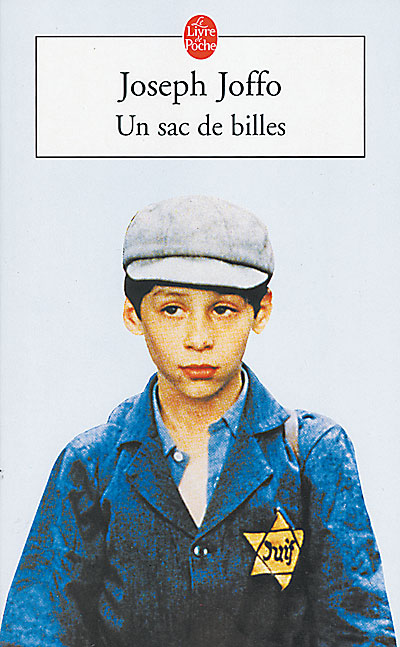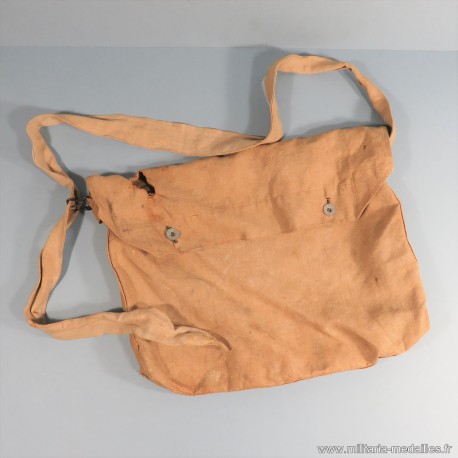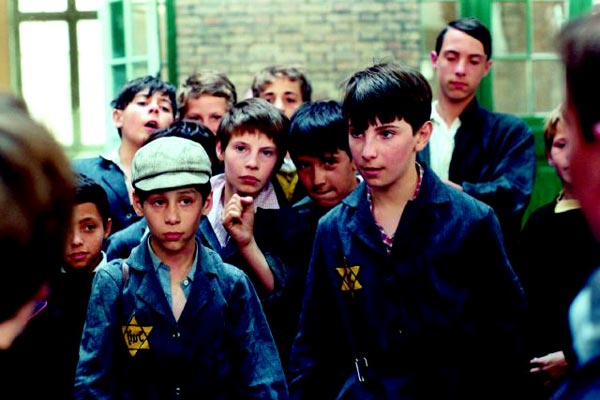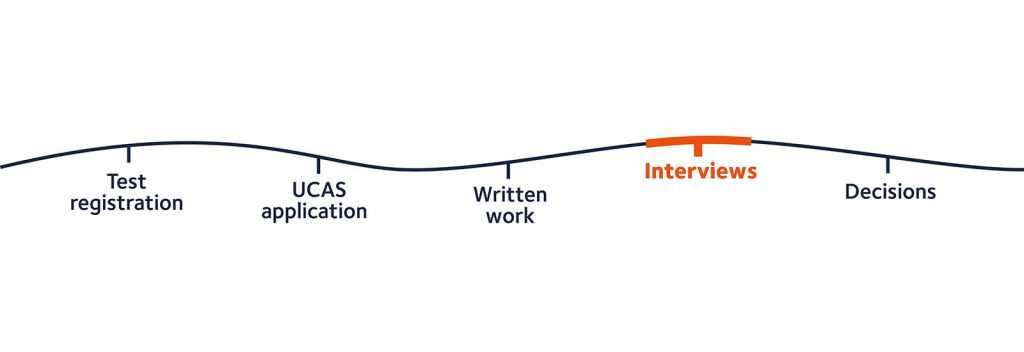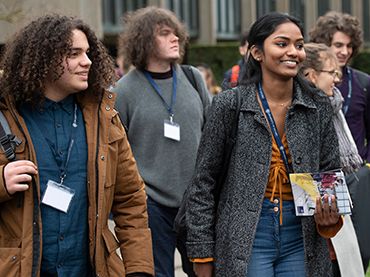
Today I’d like to introduce you to Opportunity Oxford, our university’s flagship widening participation programme. Modern Languages entered the programme with a pilot scheme last year, and we have more than doubled the number of language students enrolled for this coming summer.
Opportunity Oxford is a bridging course that happens between the time you receive an offer of a place on an undergraduate course with us in January of Year 13 and the start of the degree course itself the following October.
It consists of:
a welcome day in February,
an online academic course in the summer during July and August,
and a two-week residential in Oxford in September.
It’s part of the university’s drive to recruit students with the highest academic potential, whatever their background, and is open to students who are on track to meet the academic requirements of their chosen course and come from either an area with low progression to higher education or an area of socio-economic disadvantage, or both. Among those students, where admissions tutors feel they might welcome some introductory sessions on a few of the study skills needed for the degree course, plus a taste of Oxford student life before the course proper gets underway, they can decide to include an invitation to the Opportunity Oxford bridging programme in the offer of a place on the degree course .
Here are some students on the programme talking about their experience:
If you’re considering applying to Oxford and think you might be interested in or eligible for the bridging programme, then don’t worry: you don’t have to do anything at all from your side. Just apply to Oxford through UCAS in the normal way. If you’re eligible for the programme, we’ll know from the widening participation data that UCAS includes with your application. And then, once admissions interviews are over, if the subject tutors in your college think you might find the scheme helpful, then they’ll include an invitation to take part in Opportunity Oxford with the acceptance letter you receive in January.
You can find more details of what Opportunity Oxford is and how it works here.
We’re looking forward to welcoming this year’s Opportunity Oxford cohort to the bridging course this summer. And among those of you currently in Year 12 and thinking of applying to Oxford later on this year, some will be getting an invitation early next year to join the 2023 bridging course with us.

